Buddhist Advice for coping with and living with Dementia
Mindfulness meditation and lifestyle can be beneficial to people who are suffering from dementia, according to several studies [Links below.] Meditation and mindfulness is also beneficial for caregivers as a coping method [1] and as a way to find joy in the caregiving situation.
By Holly Klamer [Bio at bottom]
Caretakers of Dementia patients and loved-ones find mindfulness is beneficial for both the patient and the “care partner” — who is likely to undergo significant stress. In a feature on Buddhist Door, Rice -Oescheger, co-founder of the Ann Arbor Centre for Mindfulness, explained:
Caring for someone else is inextricably linked to self-awareness. “How is it that we tune in to hear what someone else. We’re adding [additional stress] to caregiving when we’re not aware, when we’re on autopilot.”
According to Buddhist teacher, Venerable Zasep Tulku Rinpoche, mindfulness practice is very helpful for both patient and caregiver. Although Dementia is difficult — and may “depend” on each person’s case, — Rinpoche found that mindfulness meditation is beneficial with early dementia. In other words, being mindful of your day-to-day living might just help you prevent dementia as you age, keeping the mind active and observant.

As people age, the risks of having dementia increases, according to a VrijeUniversiteit Medical Center’s Department of Neurology and Alzheimer Center study. The study indicates that aging is the biggest risk factor, but also found that a person’s lifestyle plays an integral role.
Scientifically Speaking, What Is Dementia?
The Alzheimer’s Association describes as dementia as [basically] an wide “term” for conditions caused by the decline of one’s brain functions, skills, and ability to do daily activities. Sever kinds of decline are covered under the term dementia.
Memory loss is typical, along with behavioral changes. Alzheimer’s Research UK indicates that dementia is comprised of diseases or conditions caused by abnormal changes in the brain.
Elmcroft Senior Living, however, points out that dementia is different from senility or senile dementia. They also pointed out that having dementia is not a normal part of aging.
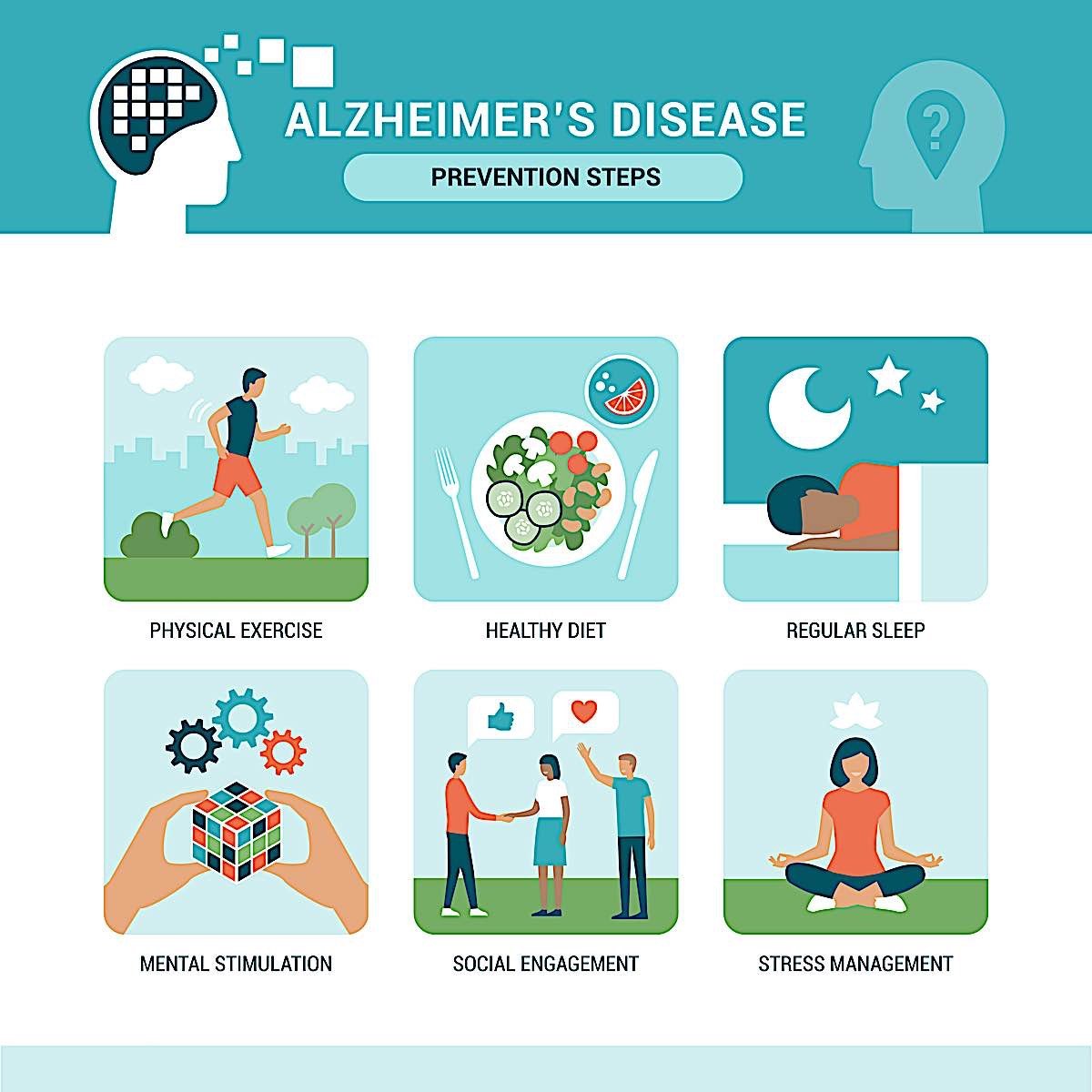
Cognitive studies and benefits of meditation
Several Cognitive Studies indicate benefits of meditation:
- A research study from the University of Singapore indicated the benefits of visualization meditation, and especially (in the study) Vajrayana deity visualization medtatation. [Full story here>>]
- Peer reviewed studies indicate that Buddhist Metta Loving Kindness meditation can increase brain matter and slow symptoms of aging. [Full. story here>>]
- One research study by Dr. Deepika Chamoli Shahi, PhD. indicated the Manjushri “wisdom” mantra Om Ah Ra Pa Cha Na Dhi enhanced cognition significantly. [See report here>>]
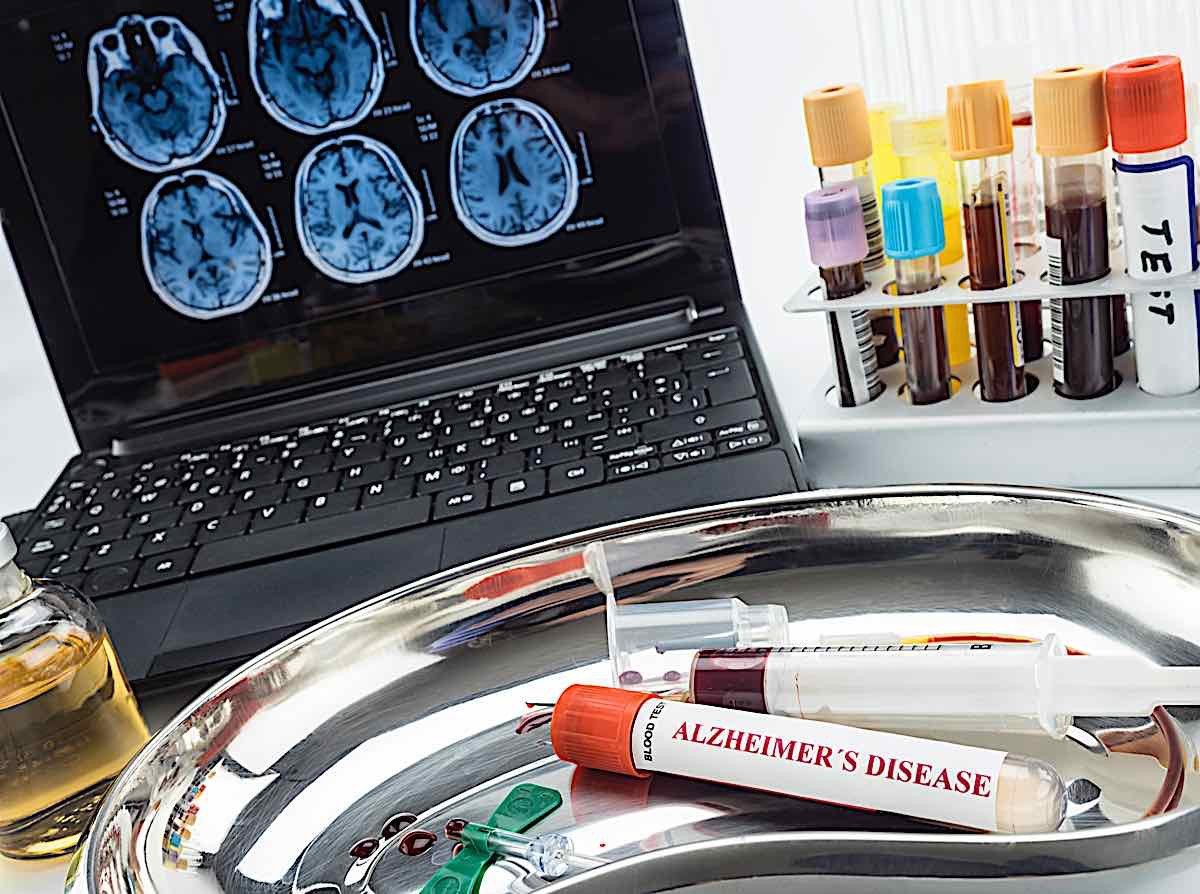
There is little in the way of medications and proven healthcare for healing and treating dementia. While the symptoms can be managed and delayed — through various therapies, including an active mind and meditation — research has yet to definitively “stop” dementia and its forms.
Therapies like music, social, and physical are only some practices that are recommended to manage the symptoms. And although significant results have been seen in the past years, dementia has remained a major health issue.
Some Buddhist advice

Buddhists teachers like Pema Chödrön and Venerable Zasep Tulku Rinpoche have some helpful advice for students.
Alzheimer’s care-givers will know that people in their care are unsettled and stressed out by change. So are family-member care-givers, who suddenly see personality changes in their spouse or family member. In her book, Living Beautifully with Uncertainty and Change, Pema Chodron wrote:
“As human beings, we share a tendency to scramble for certainty whenever we realize that everything around us is in flux. In difficult times the stress of trying to find solid ground – something predictable and safe to stand on – seems to intensify … Everything keeps changing, whether we are aware of it or not.”
In an article “The Ambiguity of Groundlessness”, they discuss the challenges of Dementia care from the point of view of these changes, referring extensively to Pema Chodron’s book.
The article quotes, Pema Chodron: “How can we make friends with unpredictability and uncertainty – and embrace them as vehicles to transform our lives?” My twist to this question is: “How do we let go of our need – our wish – for continuity as caregivers, and reframe this experience as an opportunity for enrichment and renewal?”
Mindfulness and Meditation
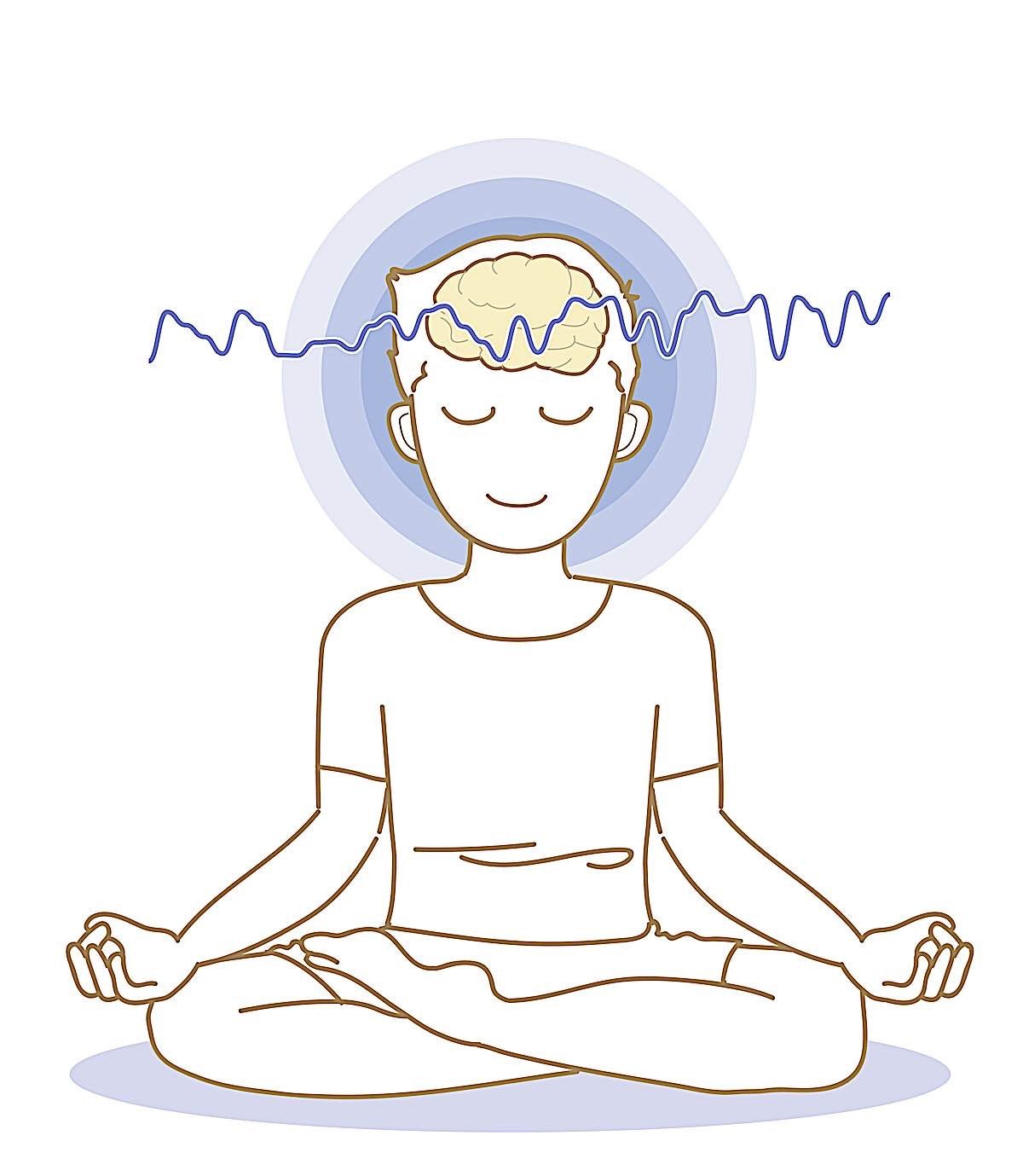 A key method is to stay mindful of all our actions (both as a patient and as a care-giver.) Being mindful of yourself, along with all the activities and movements, engages the mind and has several benefits according to numerous peer-reviewed studies. [For instance, here are ten peer-reviewed studies on the benefits of meditation>>]
A key method is to stay mindful of all our actions (both as a patient and as a care-giver.) Being mindful of yourself, along with all the activities and movements, engages the mind and has several benefits according to numerous peer-reviewed studies. [For instance, here are ten peer-reviewed studies on the benefits of meditation>>]
The distracted mind is not helpful for people with Dementia (or generally), while remaining mindful keeps the mind and brain focused, observant and engaged.
Self-Care and Meditation
Aside from the practice of mindfulness, other forms of meditation and rest are also essential said Venerable Zasep Tulku Rinpoche. This can help the mind restore its balance and bring back to its optimum state. It is worth noting that proper rest can allow the brain and the mind to heal itself.
Rinpoche also mentioned natural medicines like “traditional Chinese and Tibetan” medicines.
The National University of Singapore released a study that supports this advice. In the research, “Vajrayana and Theravada styles of meditation” improved brain performance.
Major Causes of Dementia
As described by NHS UK, “Dementia isn’t a single disease”
“Dementia is a term used to describe the symptoms that occur when there’s a decline in brain function.
Several different diseases can cause dementia. Many of these diseases are associated with an abnormal build-up of proteins in the brain.
This build-up causes nerve cells to function less well and ultimately die. As the nerve cells die, different areas of the brain shrink.” [NHS UK]
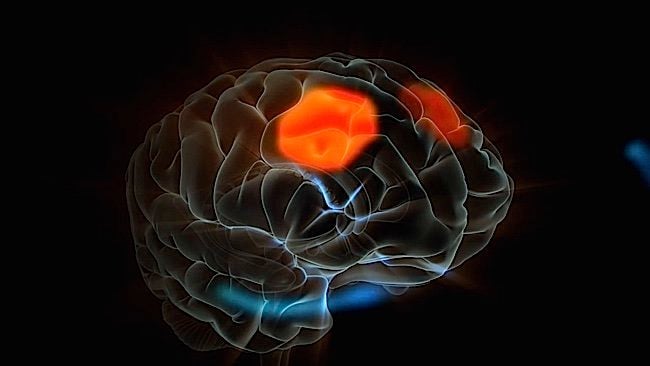
Apparently, the brain has many regions. There’s a region specifically for memory, for judgment, and for movement. And aside from these regions, there are a lot more.
When the brain gets damaged or, for a more specific approach, a region of the brain gets damaged, cells will not be able to communicate properly. When this happens, the affected region will not be able to function properly.
Accordingly, the types of dementia are based on particular brain cell damage in a specific region of the brain. For instance, in Alzheimer’s disease – the first region of the brain that gets damaged is the hippocampus or the center of learning and memory. This is why some people who suffer from Alzheimer’s, even the ones from various assisted and senior living have difficulties in learning and remembering things.
Signs of Dementia
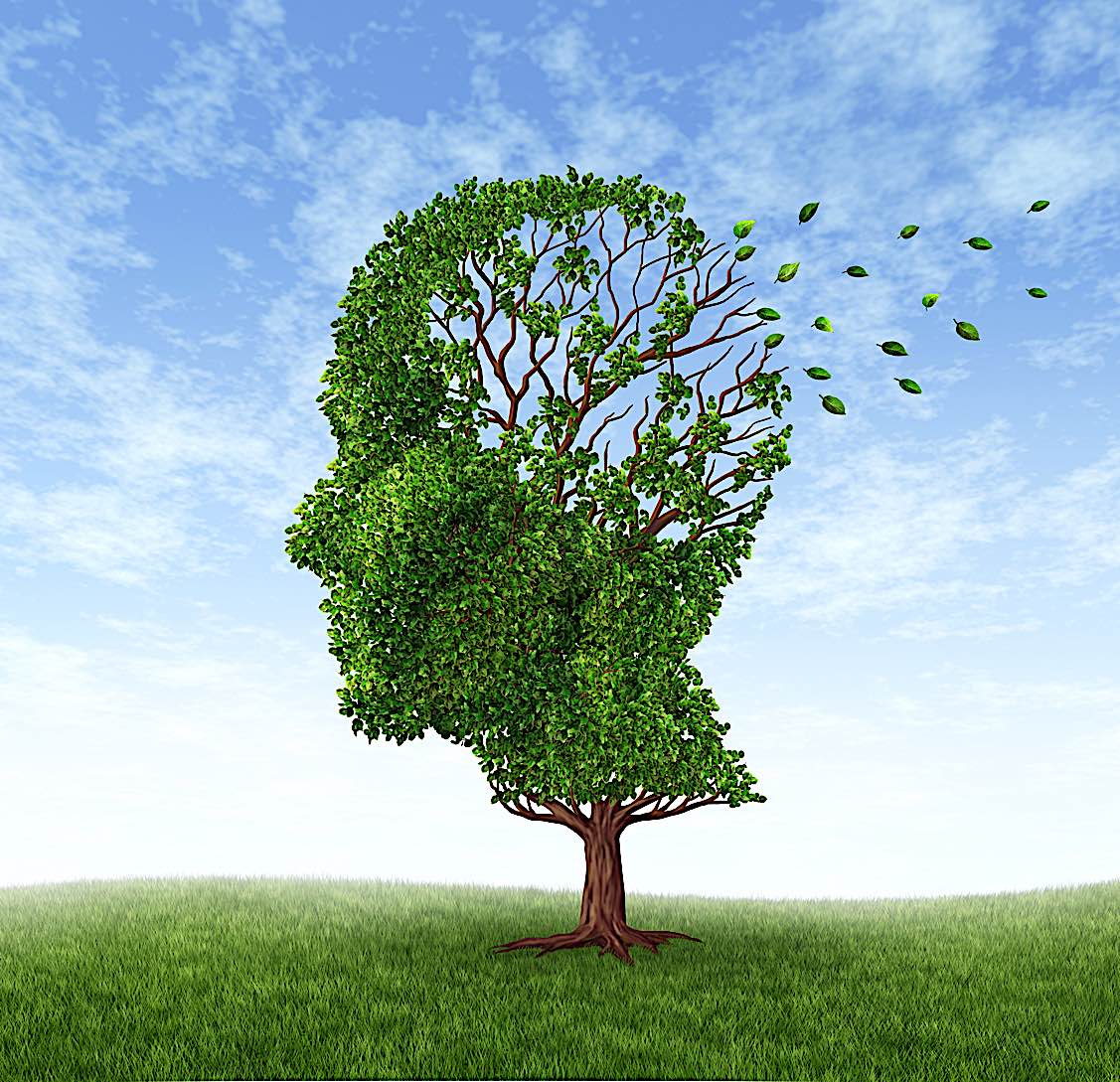
Early signs of dementia will vary depending on several factors. According to experts from Dementia Australia, the primary symptoms are normally subtle and vague. And there is no single test that can immediately determine if an individual has dementia or a type or form of dementia.
- But, in most memory care facilities for seniors, the experts suggest that one may need to be tested if these symptoms are seen:
- apathy and depression
- loss of concentration
- increase in confusion
- memory problems
- loss of ability to perform daily activities
- changes in personality and behavior
Also, some people who suffer from the memory loss, also suffer from fear, making them more anxious.
Is Mindfulness always recommended? Not always
Usually mindfulness is only helpful with early onset of dementia, or before there are any significant behavioral issues. Buddhist Meditation teacher Theodore Tsaousidis does not recommend mindfulness for any patients with “clinical depression or delusional behavior.” In an interview in Buddha Weekly, he said, ” Sometimes, traditional Buddhist teachers and novice mindfulness teachers feel that meditation is the cure for mental health and all problems. I have seen first-hand that this is not the case. I think that meditation can be harmful, for example, for someone with paranoid tendencies or severe psychosis or deep trauma or anyone who struggles with addictions — in the sense that they are looking for external maladaptive ways to calm inner turmoil.”
[See the full feature from teacher Theodore Tsaousidis here>>]
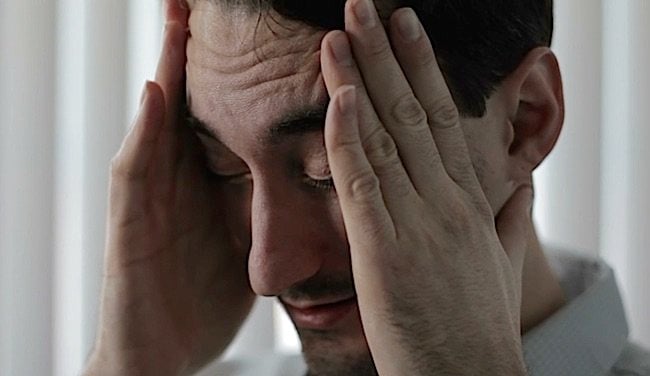
Final Thoughts — seek advice of your health-care provider
Dementia is a very serious condition. It is challenging and devastating. While Science and medicine has not yet found the best solution various forms of dementia, various forms of mediation may be helpful, providing there are no paranoid tendencies or severe psychosis or deep trauma involved. As always, be guided by your health-care provider.
Disclaimer: The author and Buddha Weekly are reporting on various studies and make no recommendations for treatment or care. Please always seek medical advice.
More articles by this author
Search
Latest Features
Please support the "Spread the Dharma" mission as one of our heroic Dharma Supporting Members, or with a one-time donation.
Please Help Support the “Spread the Dharma” Mission!

Be a part of the noble mission as a supporting member or a patron, or a volunteer contributor of content.
The power of Dharma to help sentient beings, in part, lies in ensuring access to Buddha’s precious Dharma — the mission of Buddha Weekly. We can’t do it without you!
A non-profit association since 2007, Buddha Weekly published many feature articles, videos, and, podcasts. Please consider supporting the mission to preserve and “Spread the Dharma." Your support as either a patron or a supporting member helps defray the high costs of producing quality Dharma content. Thank you! Learn more here, or become one of our super karma heroes on Patreon.
Holly Klamer
Author | Buddha Weekly
This post was written by Holly Klamer. She loves to write on issues related to memory care facilities for seniors, assisted and senior living and retirement and is a frequent contributor on many blogs and online publications. Website: https://www.memorycarefacilities.net/













